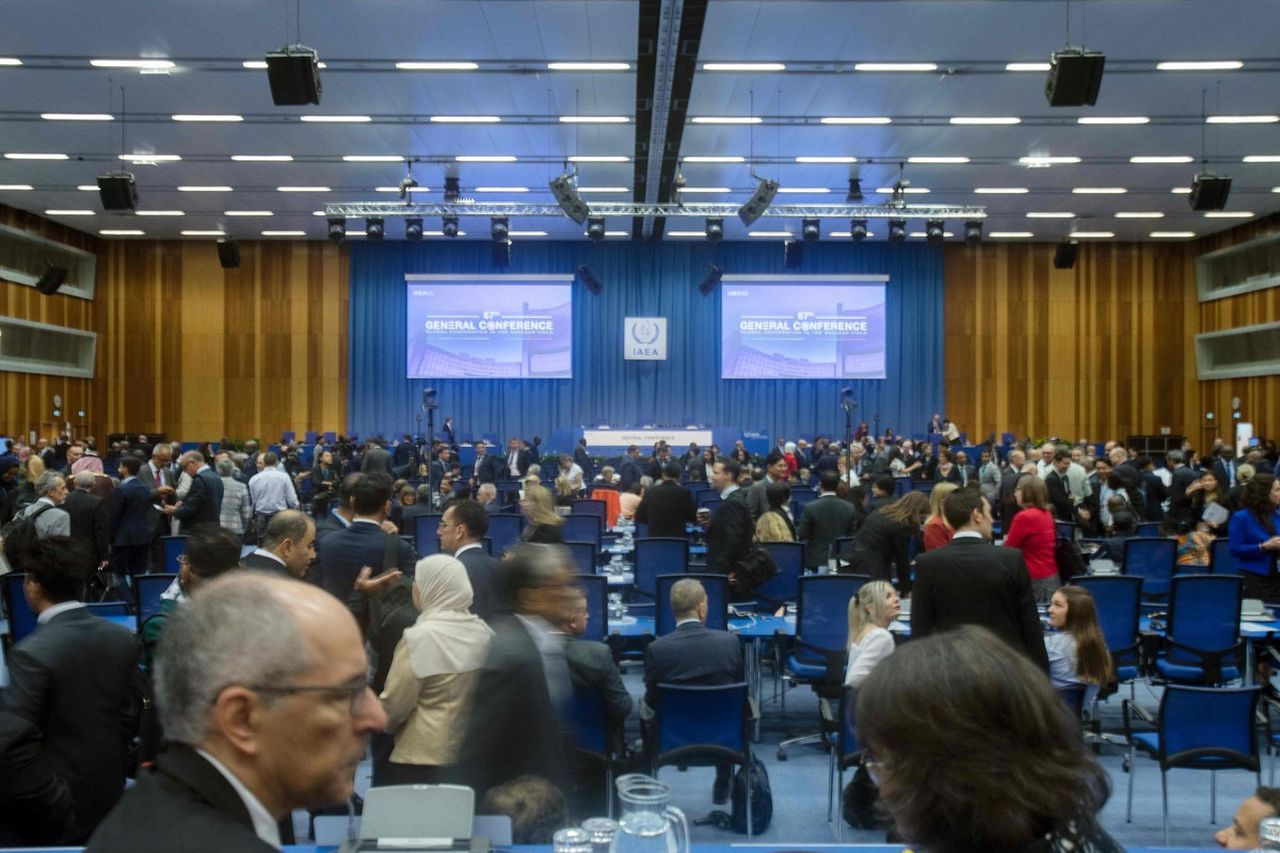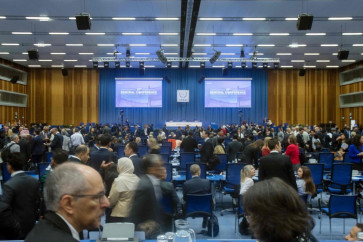Popular Reads
Top Results
Can't find what you're looking for?
View all search resultsPopular Reads
Top Results
Can't find what you're looking for?
View all search resultsWhat Trump’s nuclear orders reveal about Indonesia’s posture
Contrary to the US drive toward nuclear, Indonesia lacks posture, putting the country at risk of being a passive recipient rather than an active author of its nuclear energy journey.
Change text size
Gift Premium Articles
to Anyone
T
his May, President Donald Trump signed executive orders to revitalize the United States’ nuclear industry, setting a new pace for its expansion.
These directives streamline licensing, mandate microreactor deployment for AI infrastructure and military bases, and reactivate fuel reprocessing. The message is clear: Nuclear power will be embraced with speed, security and industrial intent, not caution or consensus.
Days later, the Energy and Mineral Resources Ministry announced Indonesia’s target: 500 megawatts (MW) of nuclear energy capacity by 2034 as outlined in the 2025-2034 electricity supply business plan (RUPTL). Energy minister Bahlil Lahadalia said the country’s first nuclear power plant, a 250 MW facility, would be operational by 2032, followed by a second in 2033.
These plants, planned for development on Sumatra and in Kalimantan, have reportedly been reviewed and regulatory preparations are underway.
The US and Indonesian announcements appear synchronous: both involve small-scale nuclear power plants, target timelines within a decade and cite 250 MW as a baseline. However, this alignment is superficial. The fundamental difference lies in authorship: the US is an author, while Indonesia remains a host.
Trump’s orders demonstrate internal authorship by mandating deadlines, reassigning legal authority and directly linking nuclear energy to national defense and digital infrastructure. Conversely, Indonesia’s plan merely states a target using vendor-driven language and lacks binding regulation, credible testing or clarity on the fuel chain.
Despite never having operated a research reactor beyond an experimental scale, the government is committing, on paper, to build a 250 MW reactor by 2032 based on unproven platforms, even in the vendor's country of origin.



















